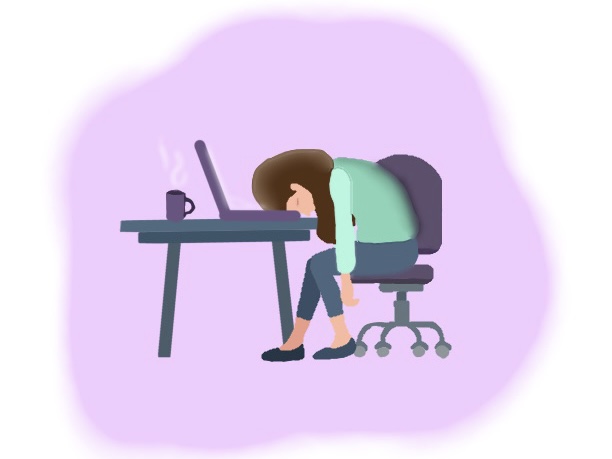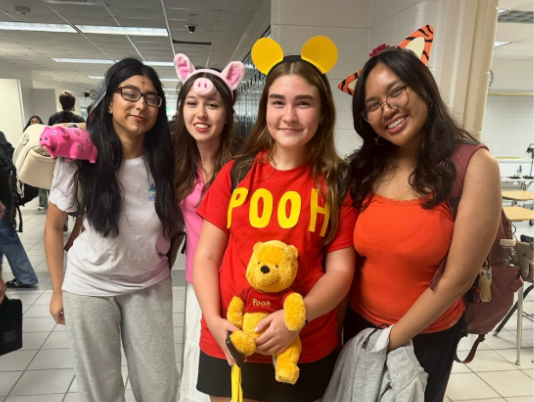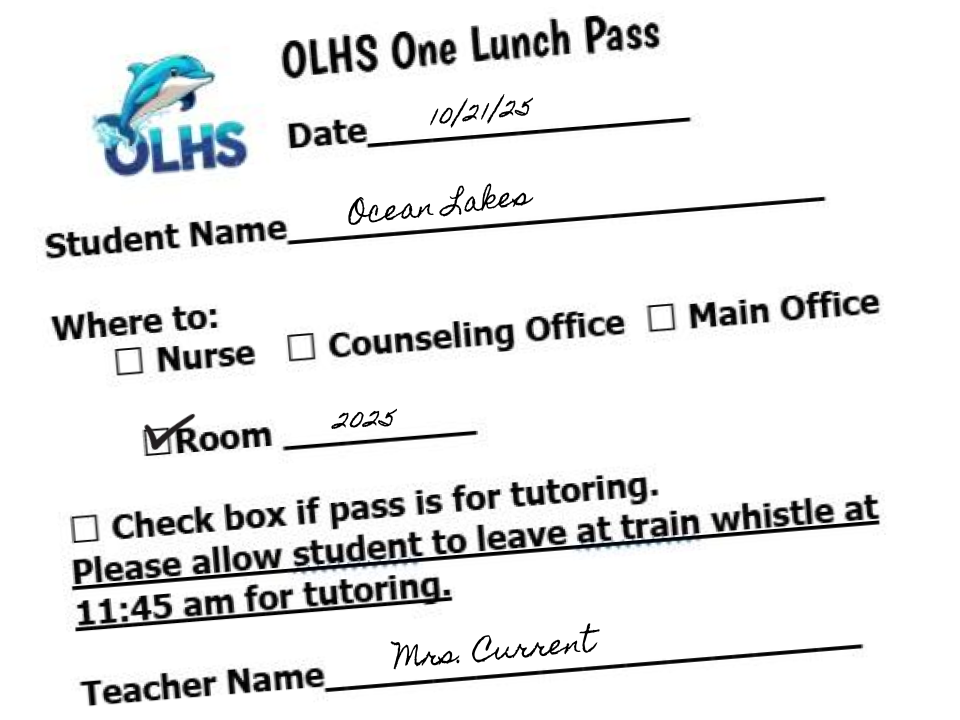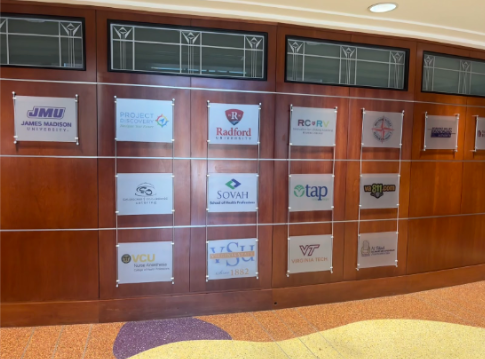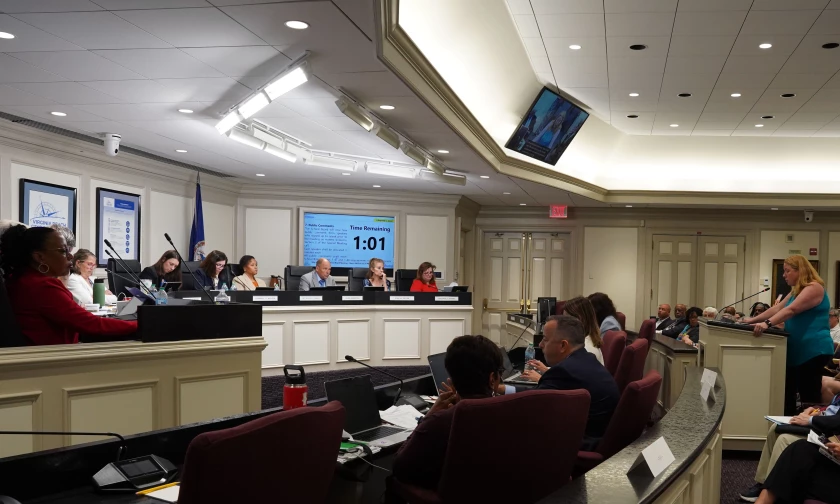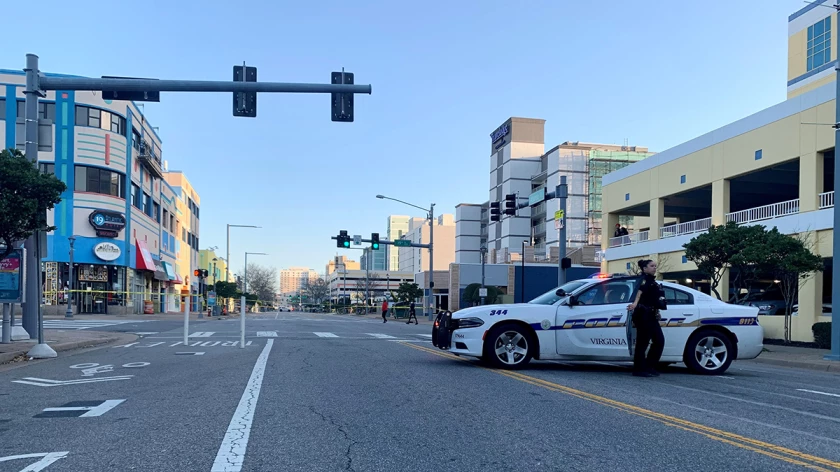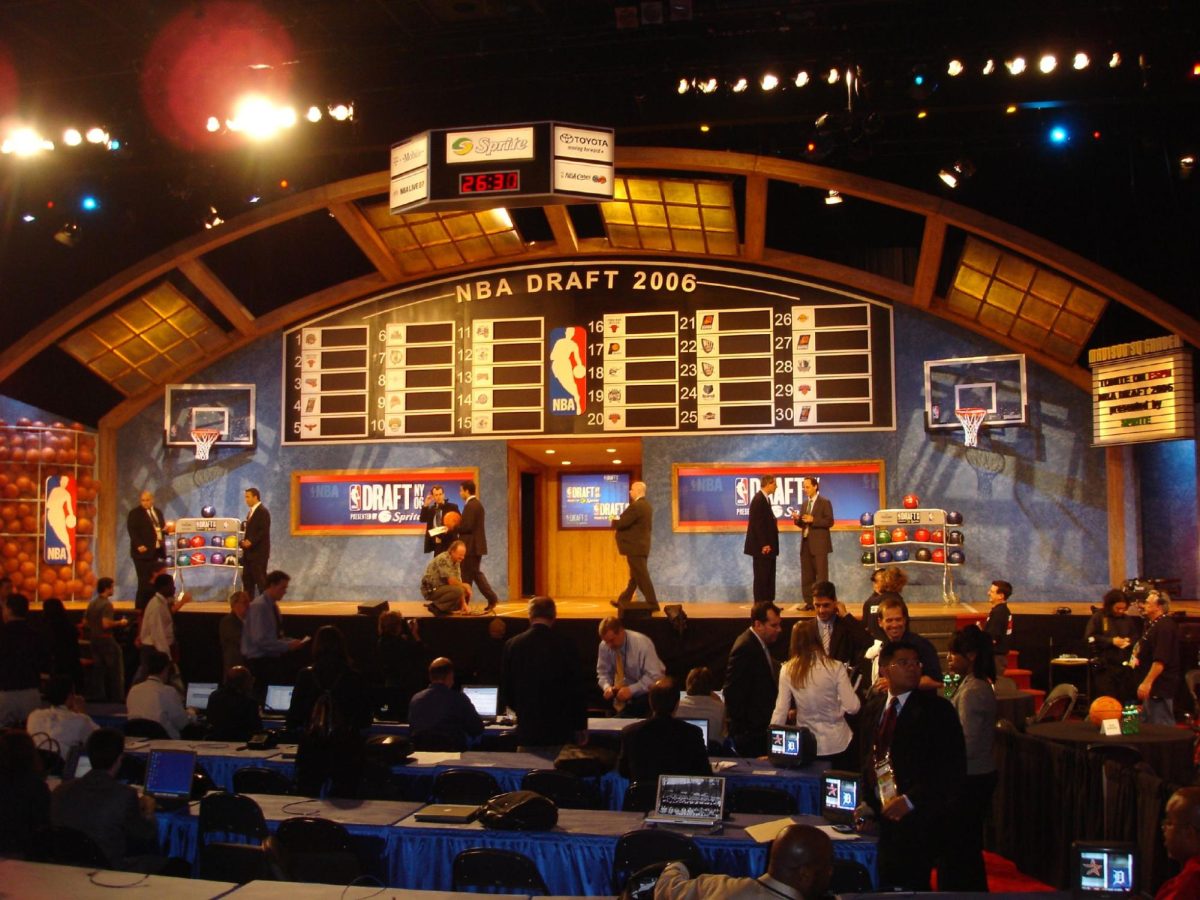Students’ heads bowed, buried in technology as Chromebooks emit a dim light, bland graphics reflected in lifeless eyes.
These days, this is all classrooms are: cinder block cells, completely devoid of any connection other than the internet.
Schools have become factories, and students have turned into products.
They are shaped by digitized, standardized learning requirements and expected to become unidentifiable, perfect robots.
“In the four core areas of English, mathematics, science and history/social science, a curriculum framework also is provided that details the specific knowledge and skills students must possess to meet the standards for these subjects,” according to the Virginia Beach City Public Schools department.
These curriculums teach students through online programs and digital practice exams. Each crafted to enforce rigid guidelines that ensure each student will only be taught what the city deems necessary.
NoRedInk is just one example of these dull digital learning platforms. Students and teachers dislike its robotic, repetitive manner and rarely use it unless it is required.
These generalized digital programs leave no time for personalized teaching.
These curriculums will fail some students. They will let them down. They will not be able to give students what they need because students are so focused on finishing their work that they won’t actually learn the correct way to do it.
The pressure for teachers to give their students enough education to meet the guidelines enforced by district exams and SOL’s hinders their ability to truly connect with students.
This takes away from teachers’ ability to get to know students. Without a personal connection teachers won’t be able to truly make students want to learn.
Many students see school as a place where they can connect with teachers and peers, but as school curriculums turn digital, students have begun to sit at their desks and type away at Chromebooks in silence.
“Staring at the screen gives me a headache, so I cannot really think,” said sophomore Sydney Baroody. “I feel like we should just go back to paper and pen because I actually learn that way.”
Digital schoolwork doesn’t work for everyone.
If students find they do not learn well when taught online, then they should ask for an alternative. They should write to the school board. Let the department of education know online lessons fail them. Let them hear students’ voices.

